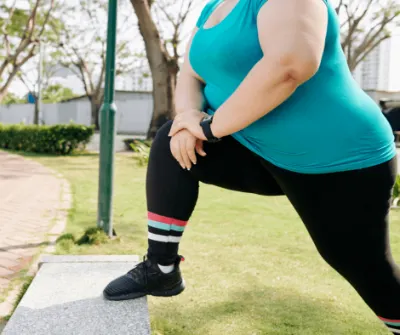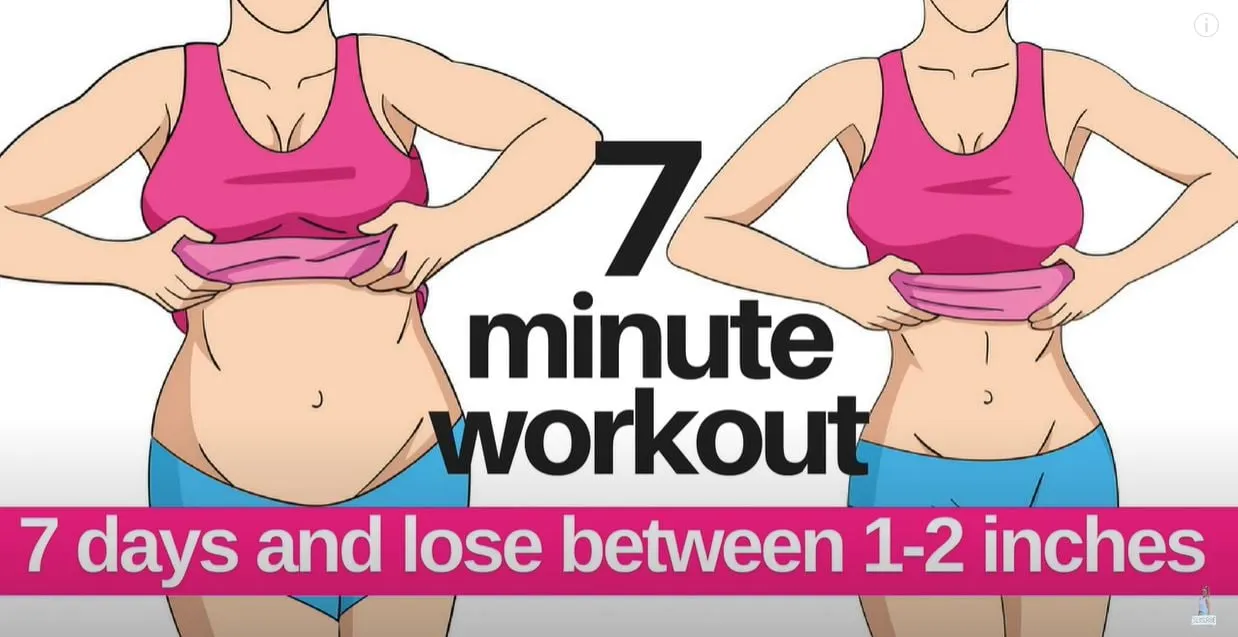Keto Diet for Diabetics: A Comprehensive Guide
1. Introduction
2. Understanding Diabetes
1. Type 1 Diabetes
2. Type 2 Diabetes
3. What is the Keto Diet?
4. Benefits of Keto Diet for Diabetics
1. Improved Blood Sugar Control
2. Weight Loss
3. Reduced Insulin Resistance
5. Getting Started with Keto Diet
1. Foods to Eat
2. Foods to Avoid
6. Keto Diet and Diabetic Medication
7. Possible Side Effects
8. Monitoring Your Progress
9. Tips for Success
10. Conclusion
Introduction
As an enthusiast of the ketogenic diet, I'm excited to share my knowledge and experiences with you, especially if you're someone living with diabetes. The ketogenic, or keto, diet has gained popularity for its potential benefits on weight loss and blood sugar control. In this guide, I'll walk you through the basics of diabetes, the keto diet, and how they can work together to improve your health. Let's dive in!
Understanding Diabetes
Diabetes is a chronic condition characterized by high blood sugar levels. There are two main types:
1. Type 1 Diabetes: This autoimmune condition occurs when the body's immune system attacks and destroys insulin-producing cells in the pancreas. As a result, people with type 1 diabetes must take insulin to regulate their blood sugar levels.
2. Type 2 Diabetes: This is the most common form of diabetes, where the body becomes resistant to insulin or doesn't produce enough insulin. It can often be managed through lifestyle changes, such as diet and exercise.
What is the Keto Diet?
The ketogenic diet is a low-carb, high-fat, and moderate-protein eating plan designed to shift your body into a state of ketosis. In ketosis, your body starts to burn fat for energy instead of carbohydrates. This metabolic shift can lead to numerous health benefits, including weight loss and improved blood sugar control.
Benefits of Keto Diet for Diabetics
The keto diet has shown promising results for people with diabetes. Some of the potential benefits include:
1. Improved Blood Sugar Control: The keto diet can help stabilize blood sugar levels by reducing carbohydrate intake and promoting fat utilization for energy.
2. Weight Loss: Losing weight can improve insulin sensitivity and blood sugar control. The keto diet has been proven to be an effective weight loss tool for many people, including those with type 2 diabetes.
3. Reduced Insulin Resistance: By lowering carbohydrate intake, the keto diet may reduce the demand for insulin, potentially improving insulin sensitivity in individuals with type 2 diabetes.
Getting Started with Keto Diet
To embark on the keto diet as a diabetic, it's crucial to understand which foods to eat and which to avoid:
1. Foods to Eat: Focus on consuming healthy fats, moderate amounts of protein, and low-carb vegetables. Examples include avocados, coconut oil, olive oil, butter, eggs, cheese, meat, fish, poultry, nuts, seeds, and non-starchy vegetables.
2. Foods to Avoid: Steer clear of high-carb foods like sugar, grains, legumes, fruits, and starchy vegetables.
Keto Diet and Diabetic Medication
Before starting the keto diet, consult your healthcare professional. They can help adjust your diabetic medications to prevent hypoglycemia (low blood sugar) or other complications.
Possible Side Effects
Although the keto diet can be beneficial for diabetics, it may cause some side
effects, particularly during the initial transition phase. Some common side effects include:
1. Keto Flu: Symptoms such as headache, fatigue, nausea, and dizziness may occur as your body adjusts to ketosis. Staying hydrated and replenishing electrolytes can help alleviate these symptoms.
2. Hypoglycemia: Low blood sugar can be a concern for diabetics, especially if medications are not adjusted accordingly. Regularly monitor your blood sugar levels and consult your healthcare professional for medication adjustments if needed.
3. Nutrient Deficiencies: A strict keto diet may lead to deficiencies in certain nutrients, such as fiber, potassium, magnesium, and vitamins. Incorporate nutrient-dense, low-carb foods and consider taking supplements if necessary.
Monitoring Your Progress
Tracking your blood sugar levels, ketone levels, and overall health is essential when following the keto diet as a diabetic. Regularly consult your healthcare professional and consider using apps or devices to monitor your progress.
Tips for Success
To ensure a successful keto journey, consider the following tips:
1. Educate yourself on the keto diet and its potential impact on diabetes.
2. Plan your meals and snacks to maintain consistent macronutrient ratios.
3. Stay patient as your body adapts to the new diet.
4. Prioritize sleep, stress management, and regular physical activity.
5. Reach out to others for support, either through online communities or in-person groups.
Conclusion
The keto diet can be a powerful tool for diabetics seeking to improve blood sugar control, lose weight, and enhance their overall health. However, it's crucial to consult your healthcare professional before starting the diet and to monitor your progress closely. By incorporating the tips and suggestions in this guide, you can successfully navigate the keto diet as a diabetic and enjoy the benefits it offers.
FAQs
1. Can the keto diet cure diabetes?
While the keto diet can improve blood sugar control and insulin sensitivity, it is not a cure for diabetes. Diabetes is a chronic condition that requires ongoing management.
2. Is the keto diet safe for people with type 1 diabetes?
The keto diet can be safe for people with type 1 diabetes when done under the supervision of a healthcare professional. Regular blood sugar monitoring and insulin adjustments are necessary to avoid complications.
3. How long does it take to see results on the keto diet?
The time it takes to see results on the keto diet varies for each individual. Some people may notice changes in blood sugar control or weight loss within a few weeks, while others may take longer.
4. Can I eat fruit on the keto diet?
Most fruits are high in carbohydrates and should be limited or avoided on the keto diet. However, some low-carb fruits, such as berries, can be consumed in moderation.
5. Do I need to count calories on the keto diet?
While the keto diet primarily focuses on macronutrient ratios, it's still essential to maintain an appropriate calorie intake for weight loss or maintenance. Tracking your calories can help ensure you meet your goals.









